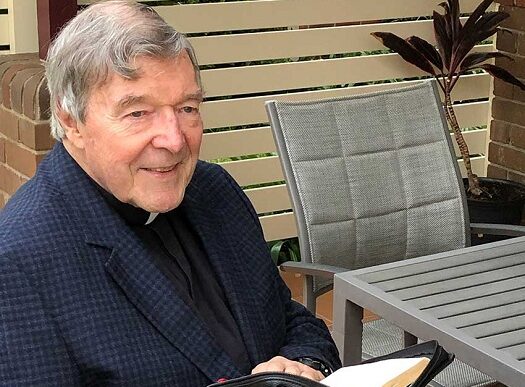
Cardinal Pell revealed some facts in an interview granted to the Italian newspapers La Stampa and Corriere della Sera.
Cardinal Pell – Photo: Catholic Weekly
Newsroom (05/11/2021 11:28 AM, Gaudium Press) Cardinal George Pell, former prefect of the Vatican Secretariat of Finance, Archbishop Emeritus of Sydney was in prison for more than a year in his home country before being fully acquitted of abuse charges. On a recent interview, he revealed some facts regarding suspicious financial investments within the Vatican.
“There was resistance in the Secretariat of State. If the Auditor of Accounts or we of the Secretariat of Economy had been able to intervene earlier, we would have saved much, much money destined for the London property and also elsewhere,” Cardinal Pell told La Stampa newspaper.
Pell was referring to the investments of the Secretariat of State in a Sloane Avenue property in London, where – according to some reports coming from the Pope himself – the Holy See would have lost around 150 million dollars.
The 80-year-old Australian Cardinal received some journalists in his apartment in Rome to discuss his book “Diary of Prison”. The work will also be presented in the Italian Senate.
About the aparent ‘resistance’ encountered in the Secretariat of State, at the journalists inquiries, Pell responded: “It was public knowledge. [Cardinal] Becciu was saying that the Auditor of Accounts had no authority to enter the Secretariat of State. That was absolutely false. We had the authority to enter, but they stopped us.”
Cardinal Pell reiterates what has been said on previous occasions: Cardinal Angelo Becciu, the substitute for the Vatican Secretariat of State, “is entitled to a fair trial.“
About the legal process, already underway at the Vatican against Cardinal Becciu and nine other people, Cardinal Pell assures that “it will proceed, but with caution, with caution… I don’t know how it will proceed, but we know where we have come, we know how they lost a lot of pounds sterling with that building in London, and at least that is already [a form of] progress.”
Compiled by Gustavo Kralj